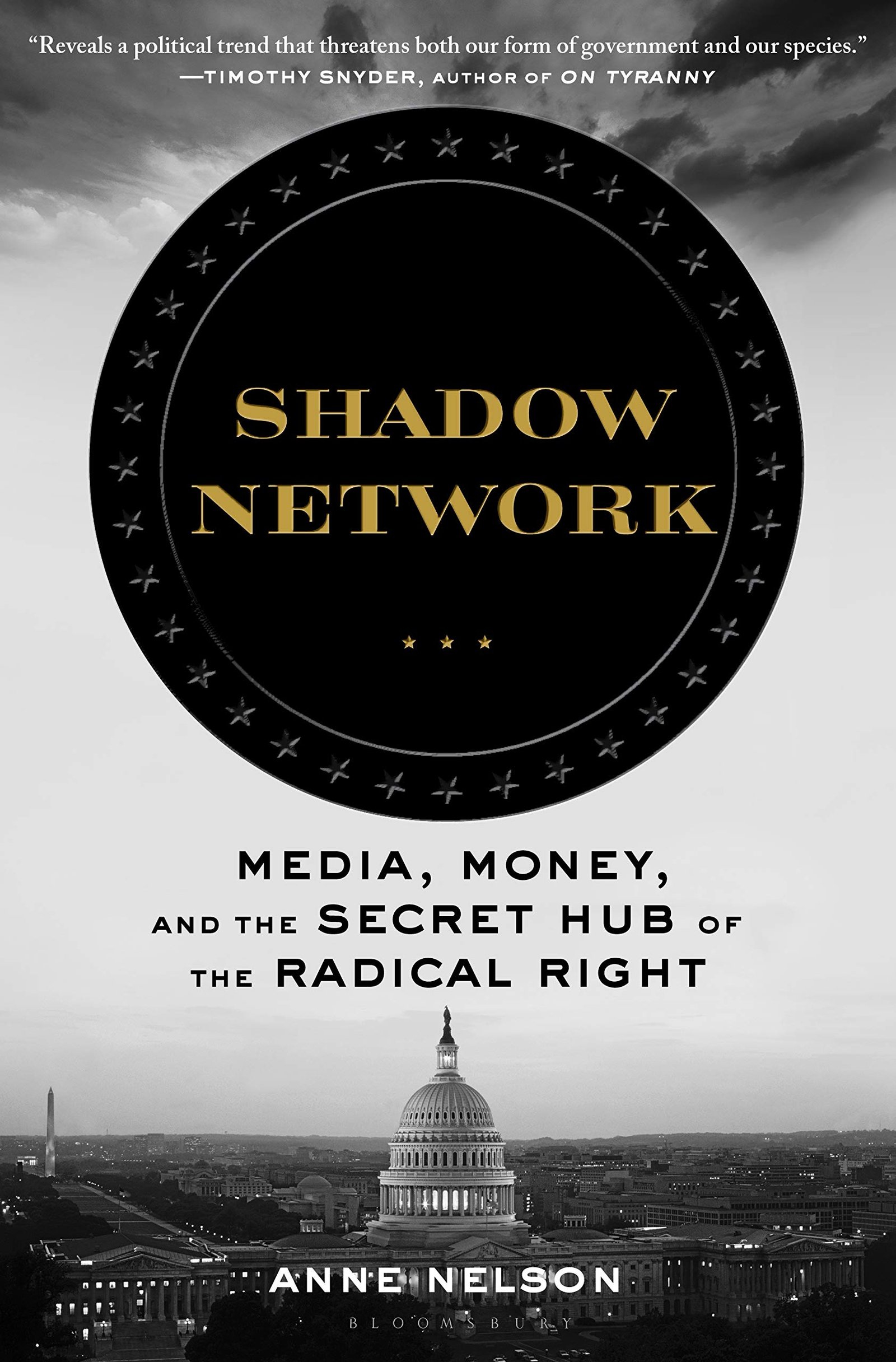
Before the prologue to Shadow Network ended I assumed after two chapters I would return it to Audible. Less than twenty-four hours later I finished listening to the thirteen and a half hour book.
My initial response stemmed from the highly partisan nature of the book. It came across more as conspiracy theory over something rooted in fact. However, as I listened I could not help but think back to my early political formation.
I jokingly describe myself as someone who was alt-right before alt-right was a thing. I have moments etched into my memory from childhood, scenes where I regurgitated hyper-conservative talking points. In one moment, I am defending trickle down economics. There is another where I am criticizing Michael Dukakis as weak on national defense. In still another I embrace meritocracy, disparaging others for not work as hard as me. Then there were claims of a liberal cultural war against anything straight, white, male, and most aggressively against Christians. All of these moments happened before high school.
That said, I do not recall anyone ever sitting me down to explain any of these ideals. Rather, it seems I absorbed them from those around me. Shadow Network explores the diverse agendas of those who created the world that formed me. These same forces continue to shape the conservative agenda today.
Impacts of the Shadow Network
In the process, it helps make sense of baffling realities. For example, conservative Christians say they follow Jesus. The Bible makes it clear that Jesus is a pacifist who spends most of his life among the poor. Yet these followers are among the most vocal advocates of the American military. They often claim gun ownership is a God-given right. Moreover they denounce government programs seeking to grant basic dignity to the least among us. All of this is done while waving a pro-life banner. Clearly there are inconsistencies and there are influences beyond the Bible.
It also offers a fresh take on why these Christians love Trump with such fervor. Conservative Christians first supported Reagan and George Bush only to watch them focus on economics over social issues. George W. Bush ran as one of them, but again, government from a socially more centrist position. But on the social issues that matter most to them, Trump delivers. In other words, with Trump, they fell like they finally have a champion in what they see as a culture war.
Final Thoughts on Shadow Network
While the book is clearly written from a liberal bias, the depth of research and reporting, combined with the desire to understand the agenda and values of the conservative movement, make this important reading for both sides of the isle. For liberals, this is your opportunity to understand where conservatives are coming from. Conservatives on the other hand would be wise to examine the forces behind the curtain of the culture that forms them. Perhaps, this could help all of us find some common ground to stand on.